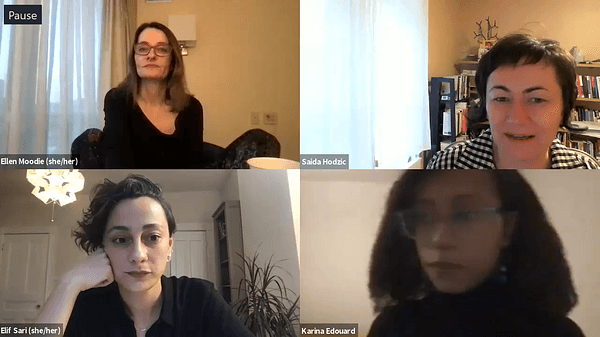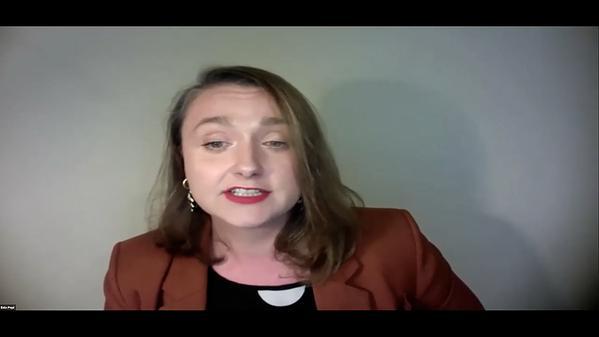Would you like to see your presentation here, made available to a global audience of researchers?
Add your own presentation or have us affordably record your next conference.
keywords:
middle east
urban anthropology
displacement
Edward Said’s summation that “we live in a period of migration, of forced travel and forced residence, that has literally engulfed the globe” (Culture and Resistance 2003) is particularly apt with this panel. Some of the world’s highest levels of urbanization and socioeconomic inequalities are in the Middle East, which is also now a premier displacement region due to bilateral containment policies of externalization and national policies of refusing refugees from the region by European and North American governments. Displaced persons of all types and categories in this region typically prefer to settle in cities and towns. For refugees, this includes bypassing or leaving formal camps, thus further blurring the categories of “migrant,” “refugee,” "resident," "citizen," and • in the Middle East • temporary visitor or “guest.” On-going research on urban displaced in the region shows that settlement patterns are influenced by previous knowledge, kinship, social networks, religion/denomination preferences, and security considerations, as well as imaginaries of possibility and potential. Typically, Middle Eastern settlement processes are iterative, with multiple resettlements, which may render any individual visible or invisible, “guest” or “resident”, which is often based on political expediency. While cities offer economic opportunities, education, and access to other necessary municipal services, displacement crises often become protracted, thus defining the (im)possibilities for onward migration or voluntary repatriation. Long-term residence of displaced persons can strain local infrastructure, service provision, and social relations with host communities. What are the impacts of these demographic, economic, and socio- cultural changes posed by the urbanization movements of displaced persons on different forms and levels of governance? And what are the impacts of such shifts on the displaced persons' subjectivities? The papers in this panel address these questions through ethnographic research with displaced Afghans, Iraqis, Palestinians, and Syrians in major urban areas of five Middle Eastern countries • Jordan, Turkey, Lebanon, Sudan, and Afghanistan. The papers each take on major theoretical and empirical questions of visibility, mobility, labor and livelihoods, kinship and social networks, the governing bodies of civil society and (I)NGOs as well as bureaucratic policies that define the contours of possibility, and their impacts on subjectivities. While over the past decade academic research on displacement in the Middle East has often focused on refugee camps, the historiography of forced displacement and relief, and country specific studies of Middle East refugee crises, rarely have they had a specific urban focus or lens. This panel seeks to expand this scholarship and engage some of the most pressing questions of anthropology of migration in the urban Middle East.

